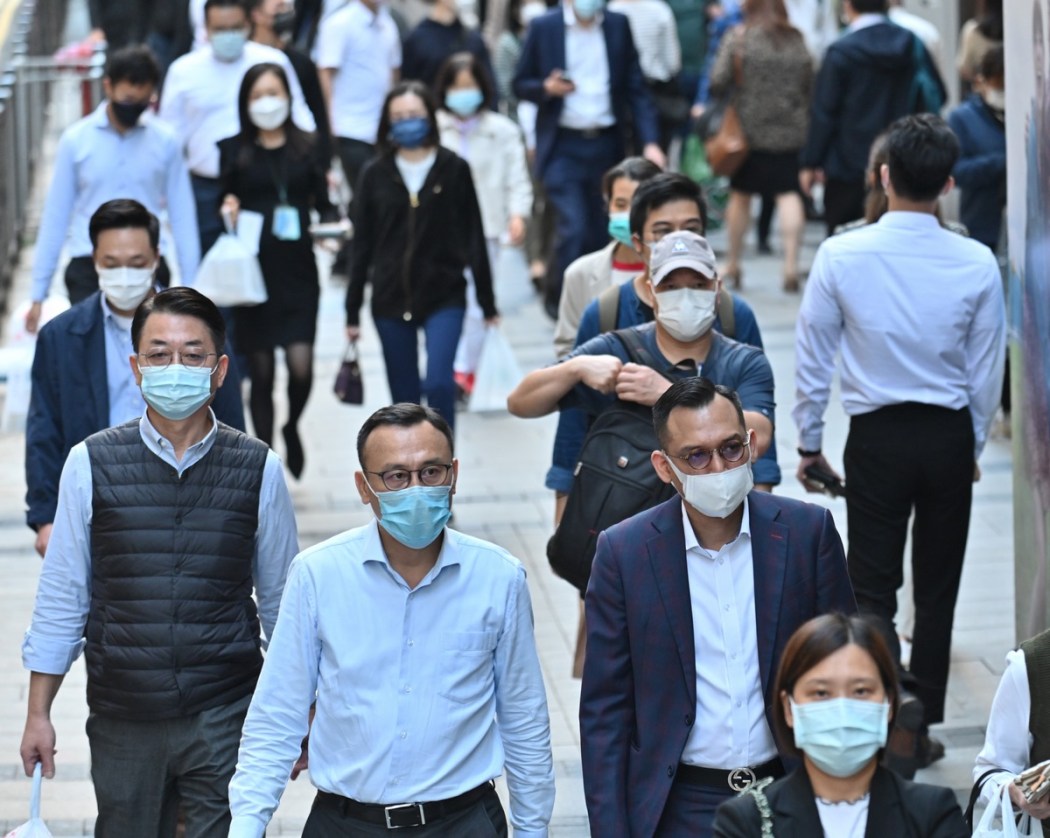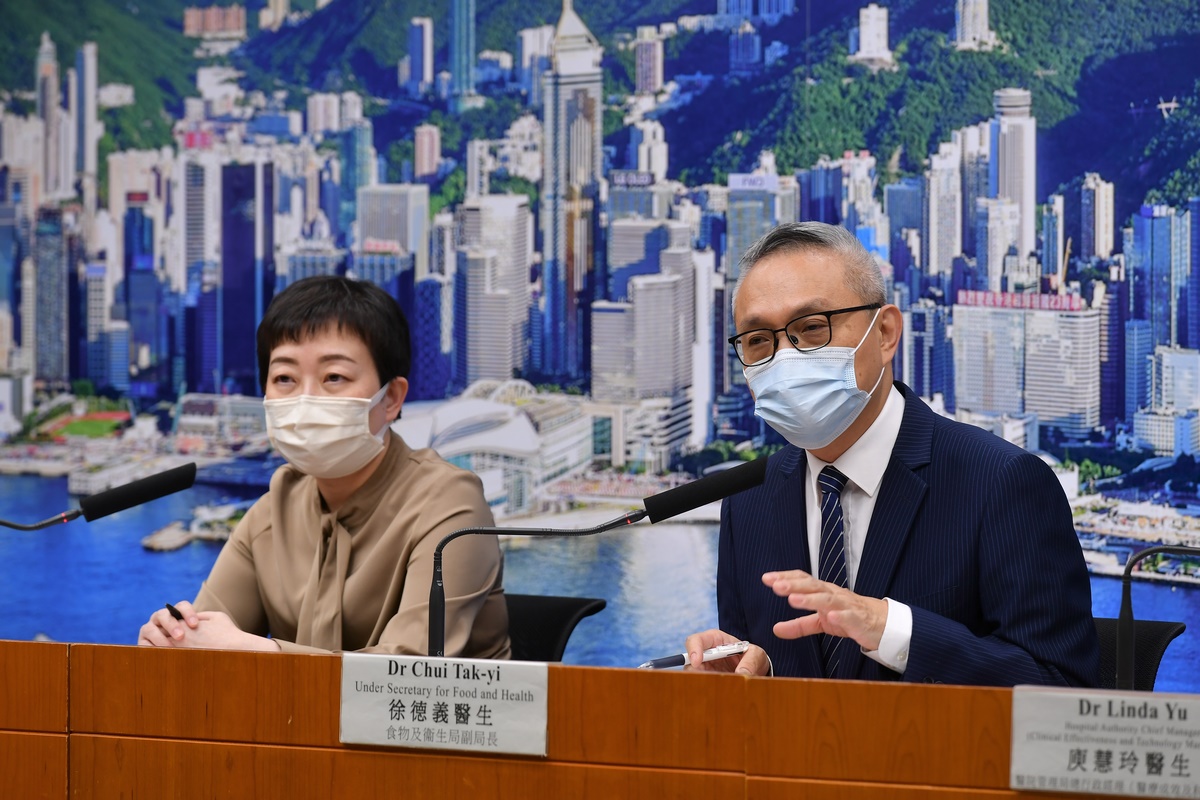Dr Chuang Shuk-kwan, who for more than two years was the government’s leading voice on daily Covid-19 matters, has achieved the extraordinary feat of combining the roles of official government spokesperson and popular public figure.

This has no doubt made some people jealous, and not only colleagues. Her last press conference – the daily ritual has been abandoned, thank goodness, as the disease subsides – was greeted by an astonishingly ungenerous and carping editorial in The Standard by a certain Mary Ma.
Ma – we will come to the question of who she is later – wrote that it was “most unfortunate that Chuang … has become a Covid icon.” Noting that Chuang had said she hoped it would be the last time she met the press, the writer continued: “And so do I.”

There follows a long burst of bitching: there was not enough on the science, there was not enough of a “human touch,” there were too many details of individual patients, there were not enough details about officials who had caught Covid, the media were “unable to obtain additional information…”
There seems to be a fundamental confusion at work here. An official press conference is an opportunity to get the official line on the situation and the actions which the government is taking to deal with it.
It is not supposed to provide a complete kit for daily Covid coverage; media organisations which wish to provide scientific background or human interest stories have to do their own digging. A press conference is an opportunity to be informed, not spoon-fed.

I cheerfully admit that when the epidemic was still a growing and largely mysterious threat, Chuang’s daily performances were faithfully watched in the Hamlett household. Even if you didn’t understand a lot of the proceedings, they were reassuring.
Chuang has a soft and melodious voice which makes even plain statements of fact in Cantonese sound like a song in the making. She also has the valuable medical habit of transmitting in a wordless way the idea that the situation is serious but under control, your physician understands what is ailing you and is going to fix it.
This is no doubt sometimes a bit optimistic. But hope is a helpful medicine.

Having sat through plenty of press conferences I was impressed by the way she also navigated skilfully round the pitfalls. If she didn’t have an answer to a particular point, she said so. If the question should have been addressed to another department she politely declined to trespass. If the information was available but not to hand she promised to produce it.
When a question answered in Cantonese was repeated in English she answered without complaining, as a press spokesman should. The English media want your words in your voice. Repeating your answer in English is a way of avoiding the hazards of translation, subtitles or reportorial paraphrasing.
If the question seemed to be a criticism or a preparation for one, she answered it in the same calm way, and did not take it personally – a trick some of our leaders have yet to master.

Press conference performers need to grasp the fact that reporters will seek their reaction to criticisms and comments made by other people, whether the reporter agrees with them or not. This is not an attempt to embarrass you, it is an attempt to be fair by giving you the right to reply to the things other people are saying to reporters.
Actually for a long time it seemed to many of us that Chuang’s press conference performances were the only part of the government’s Covid campaign which was going well. By now she has racked up more than 700 of them – which would be two years if there were no days off.
At times there were in fact very few days off. At one point she notched up 72 continuous days. A reporter suggested she consider a holiday, which she found amusing.
This formidable workload was borne under a burden of private grief. Her husband died at the end of 2020 after a long illness.

In short, for many of us Chuang is an authentic Hong Kong heroine. She is a shining exception to a generally unloved leadership. She has a Facebook fan page with more than 20,000 followers. The government could do a lot worse than make her an official role model for press handlers.
Now as to Mary Ma: Mary does not exist. The column is written by different people on different occasions and is supposed to replace the editorial. This would be a perfectly acceptable arrangement on one condition: if the writers used the pronoun “we” to describe themselves. Using “I” is dishonest and deceptive.
Personally I think the particular “I” who penned this piece needs to give some serious consideration to what they are doing.
Writing editorials for newspapers is an honourable pursuit. I used to do it myself. It is an opportunity to write thoughtfully about the issues of the day. It is not an opportunity to publish snarky put-downs of popular public figures anonymously.
Support HKFP | Policies & Ethics | Error/typo? | Contact Us | Newsletter | Transparency & Annual Report | Apps
Help safeguard press freedom & keep HKFP free for all readers by supporting our team

LATEST FROM HKFP
HKFP has an impartial stance, transparent funding, and balanced coverage guided by an Ethics Code and Corrections Policy.
Support press freedom & help us surpass 1,000 monthly Patrons: 100% independent, governed by an ethics code & not-for-profit.










